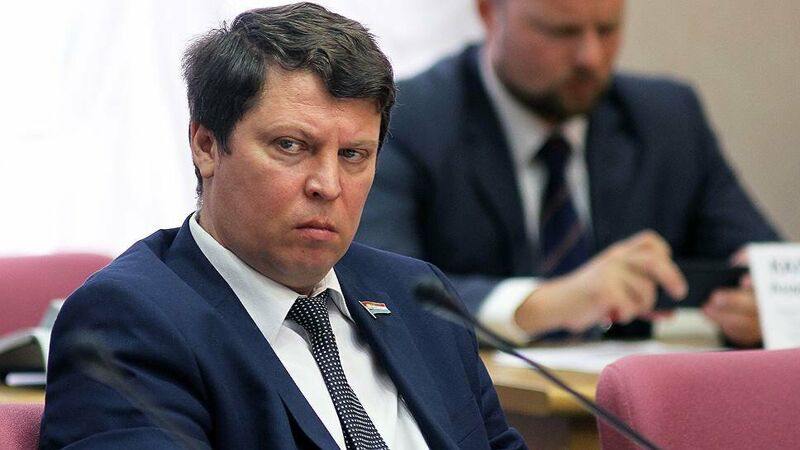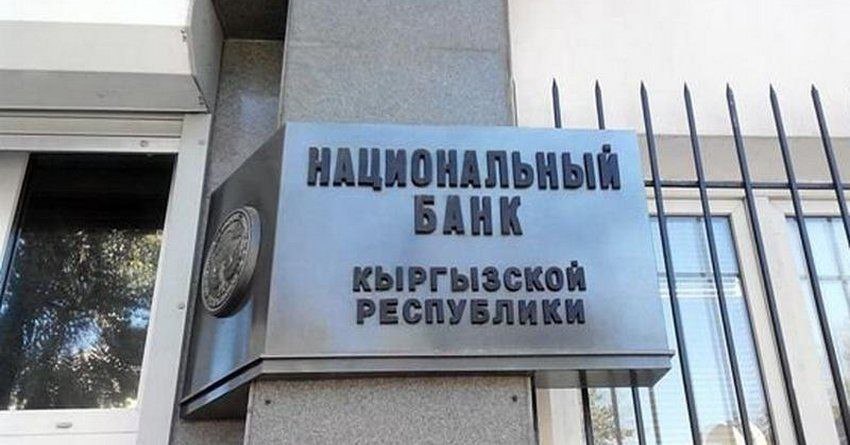Kazakh Machine Builders Face Payment Hurdles in Russia Trade
Azat Peruashev, head of the Ak Zhol party's parliamentary faction, which represents Kazakhstani business interests, has appealed to Prime Minister Olzhas Bektenov and National Bank Chairman Timur Suleimenov to address payment difficulties faced by machine-building enterprises exporting to Russia. According to the Majilis deputy, these challenges stem from within Kazakhstan itself. Peruashev explained that machine-building enterprises have approached his party, reporting that Kazakhstani banks are refusing them credit. Additionally, second-tier banks (BVUs) are declining to process payments for companies engaged in business with Russian partners. “These actions by financial institutions are driven by concerns that exported products could be added to U.S. and EU sanctions lists, which, in turn, could expose the banks to secondary sanctions,” Peruashev said. As a result, commercial banks in Kazakhstan have begun demanding that local factories provide guarantees that they will not export products to Russia - under threat of having their credit lines revoked. This is happening despite assurances from David O'Sullivan, the European Union’s sanctions envoy, who recently visited Kazakhstan. O'Sullivan stated that the European Commission would not impose sanctions on goods manufactured in Kazakhstan and exported to Russia. “The EU’s only concern is to prevent the re-export of sanctioned European products through Kazakhstan,” Peruashev said. “However, representatives of Kazakhstan’s largest banks find these assurances unconvincing. In their view, the decisive factor is not whether a product is re-exported or locally manufactured, but whether it appears on a sanctions list. This creates the risk of secondary sanctions, not necessarily from the EU, but from the U.S., including the potential disconnection from the SWIFT international banking system.” According to Ak Zhol, Kazakhstani exports of machine-building products and components to Russia fell by 15% last year. The banks’ refusal to process payments is not based on any official government restrictions. Last summer, seven Kazakh companies faced U.S. secondary sanctions for cooperating with Russian partners. In October, the list expanded to include Kazstanex, a company involved in supplying machine tools and components. As The Times of Central Asia previously reported, during his visit to Astana in January, David O'Sullivan stated that the EU had sanctioned two Kazakh companies so far but did not rule out further additions to the list.






